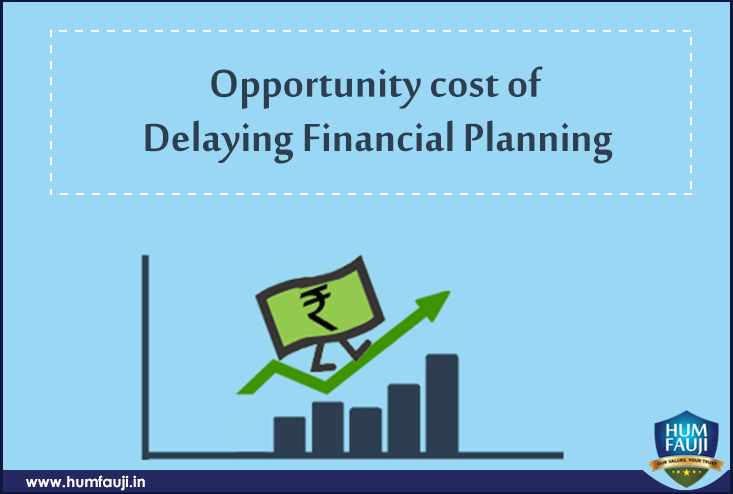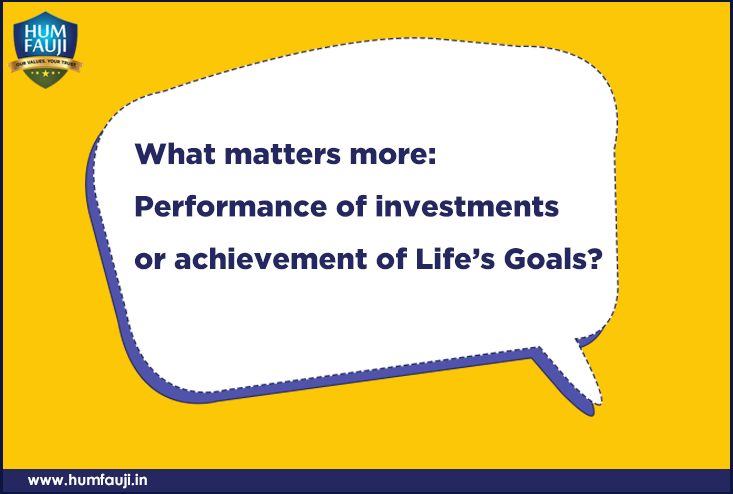27Jul
Decomplicate your life
There's too much of financial 'wisdom' being branded about. Too many words ...16Jul
Financial planning for people in their 70s and 80s
Financial Planning in the 70s and 80s is much more than merely managing you...11Jun
The benefits of having a financial planner
In a country where event managers are paid for organising weddings and nutr...31Oct
Four Things to Remember about Sensex at 21000
The benchmark BSE-Sensex is back at 21,000 levels. And suddenly there seems...16Oct
Opportunity Cost of Delaying Financial Planning
Dear Friends, While 2011 dissolves into brand-new 2012 and you look forw...20Apr
What matters more: Performance of investments or achievement of Life’s Goals?
Getting into the best performing stocks, commodities, Futures & Options...20Jan
IS GOLD STILL A GOOD INVESTMENT DESPITE THE CURRENT RUN-UP?
Gold has, since time immemorial, allured mankind. While initially, the lure...20Jan
Do You Lose Everytime that you Invest in Real Estate for the Long-term?
Indians’ love affair with real estate is only too well known to all of......16Aug
Is financial Planning Only for the Rich?
Normally, it is assumed, erroneously of course, that getting a proper finan...01Jun
ITS TOMORROW THAT MATTERS
Prashant Jain is one of the most respected Mutual Fund managers in India. I...11Mar













